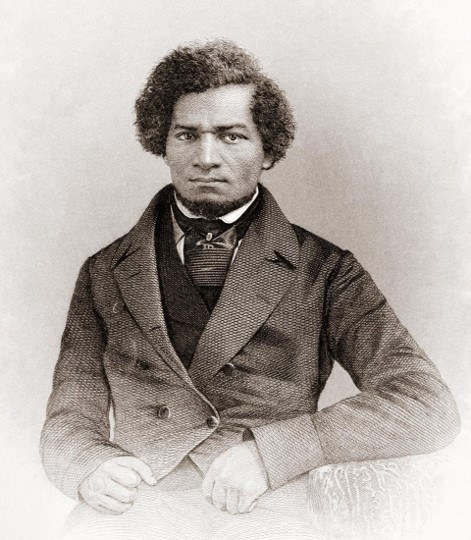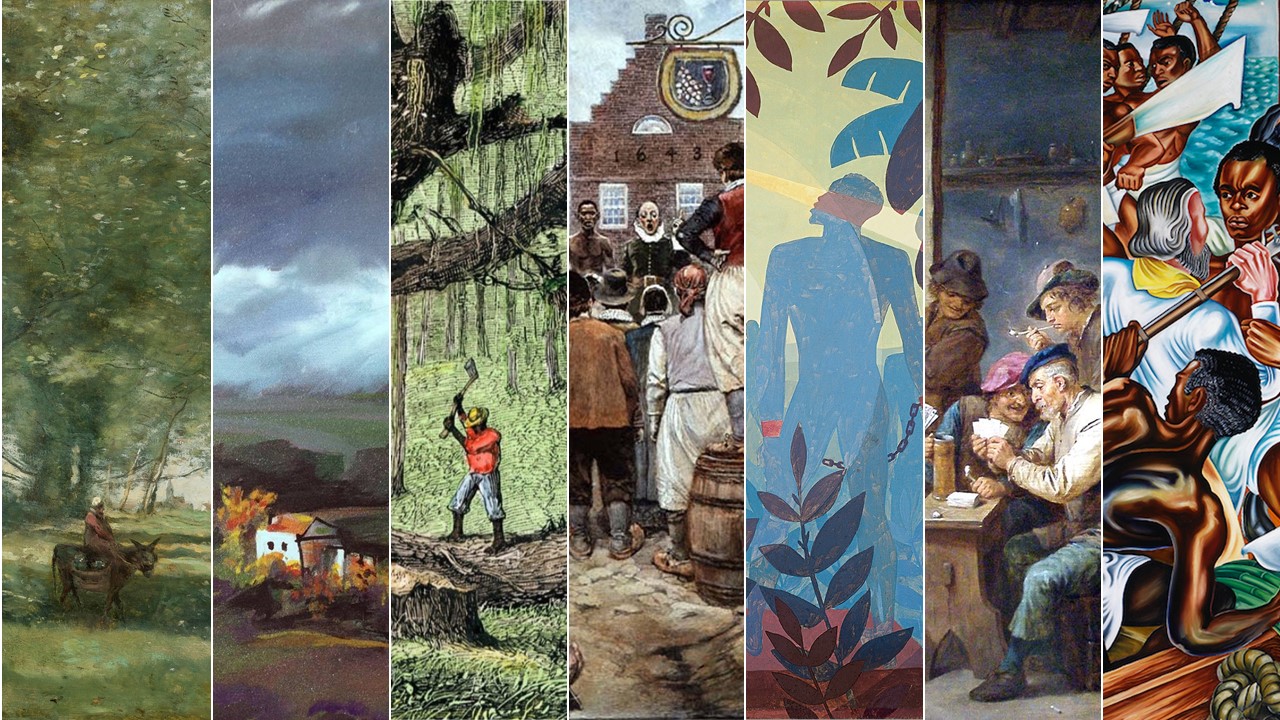“The Ambivalence of Alexander Berkman’s Anti-Prison Anarchism.” American Political Science Review (forthcoming).
In this article I introduce the anarchist Alexander Berkman into contemporary conversations on prisons through archival materials and with emphasis on his understudied 1912 Prison Memoirs of an Anarchist. One of the most controversial and influential activists of his era, Berkman wrote the book as an extensive study of political violence and incarceration based on his fourteen years confined at Western State Penitentiary after the attempted assassination of a steel mill manager during a strike. Drawing upon Berkman’s archived writings and a comparative history of northeastern American and Russian prisons, I reconstruct his developing views and identify significant and enduring ambivalences in his later advocacy against prisons and for political prisoners in the U.S. and Russia. This research elevates Berkman’s book as a primary text in the developing canon of penal political thought, illuminates the ambiguity of the term “political prisoner” in his era to our own, and captures a common bind by which contemporary efforts to reform penal institutions often unintentionally reinforce other carceral logics.
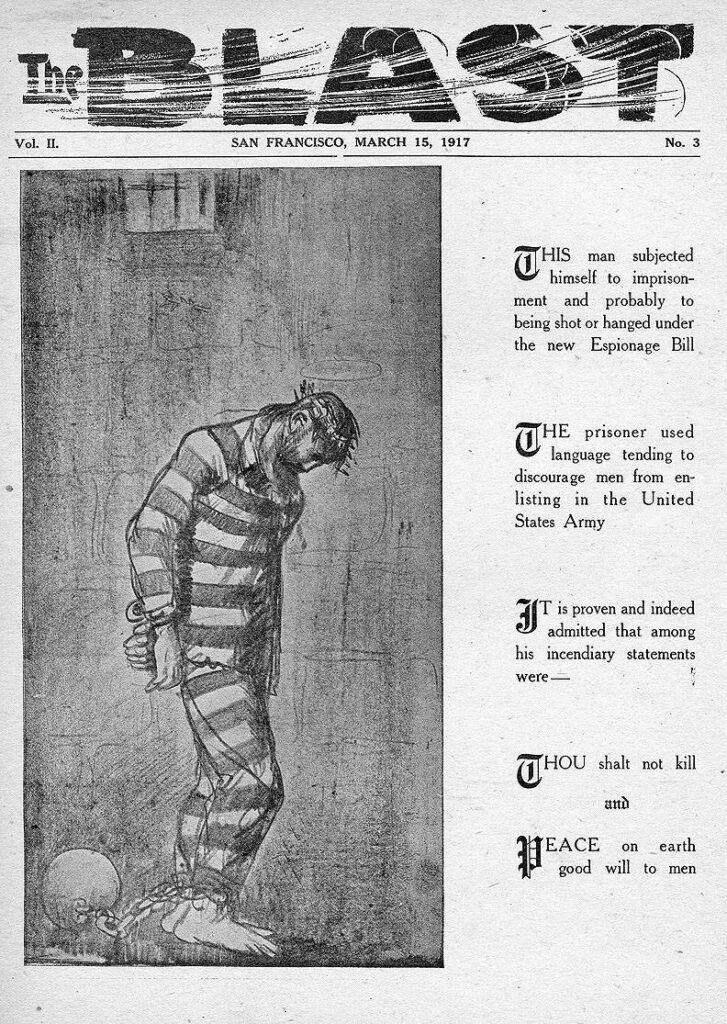
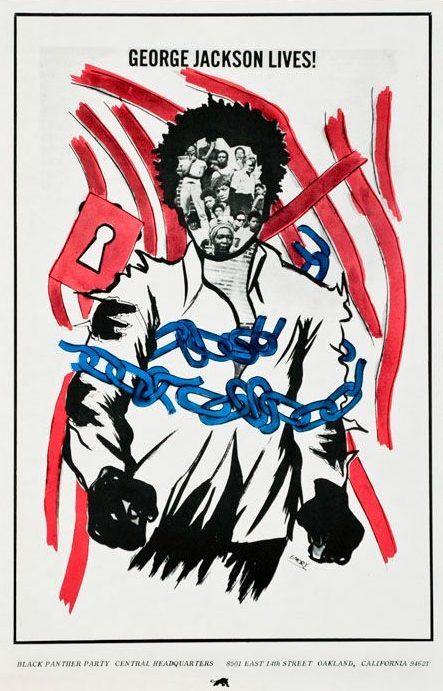
“George Jackson’s Perfect Disorder.” New Political Science (2022).
The goal of this essay is to situate the radical George Jackson’s views on violence within his political thought and practice, with particular attention to his position as an incarcerated witness indicted by a legal system he would not recognize. The first section sketches Jackson’s analysis of what he called a “captive society”: a fascist global and American arrangement that classifies and criminalizes black, brown, and poor life. In the second section I explore what Jackson advocated as a mode of revolutionary becoming whereby the captive channel their energies: inward, to form bonds of intimacy and intercommunal solidarity, and outward, to break the bonds of law and order politics with the “perfect disorder” of disciplined and yet spontaneous guerilla violence. This idea of “channeling” distinguishes Jackson’s self-fashioning from redemptive forms of violence and testimony that isolate individuals and their actions. As I consider in the conclusion, Jackson’s legacy nonetheless reveals the varied ways his advocacy for revolutionary love and violence waned in the hands of his inheritors – and how incarcerated activists uphold his ideas today.
Read the article here.
“‘The State was Patiently Waiting for Me to Die’: Life without the Possibility of Parole as Punishment.” Political Theory (2020).
Despite its growing use over past decades, there has been relatively little public or scholarly discussion of life sentences that deny the possibility of parole. This essay outlines the labyrinthine legal and political developments that have rendered life imprisonment difficult to address—including the intertwined histories of the death penalty and civil death—and draws upon the life writing of those serving life to theorize a more distinct understanding of this punishment. Witnesses reveal how the possibility of life despite the impossibility of parole punishes by subverting the goals of human growth and development. The potentiality of what can be done in the present grinds up against the futility of what could have been done and what could be done were release an option. Considered alongside the laws and court opinions and claims that characterize its convoluted development, these testimonies reveal this punishment’s role in the American imagination. Life without the possibility of parole reinforces and relies upon a vision that not simply some people are unable to change, but that anyone in a democracy—no matter their position—is some steps away from irretrievable exclusion. Permanent confinement denies a restorative vision of democracy: any effort to abolish or amend it must include the voices of those imprisoned.
Read the article here.

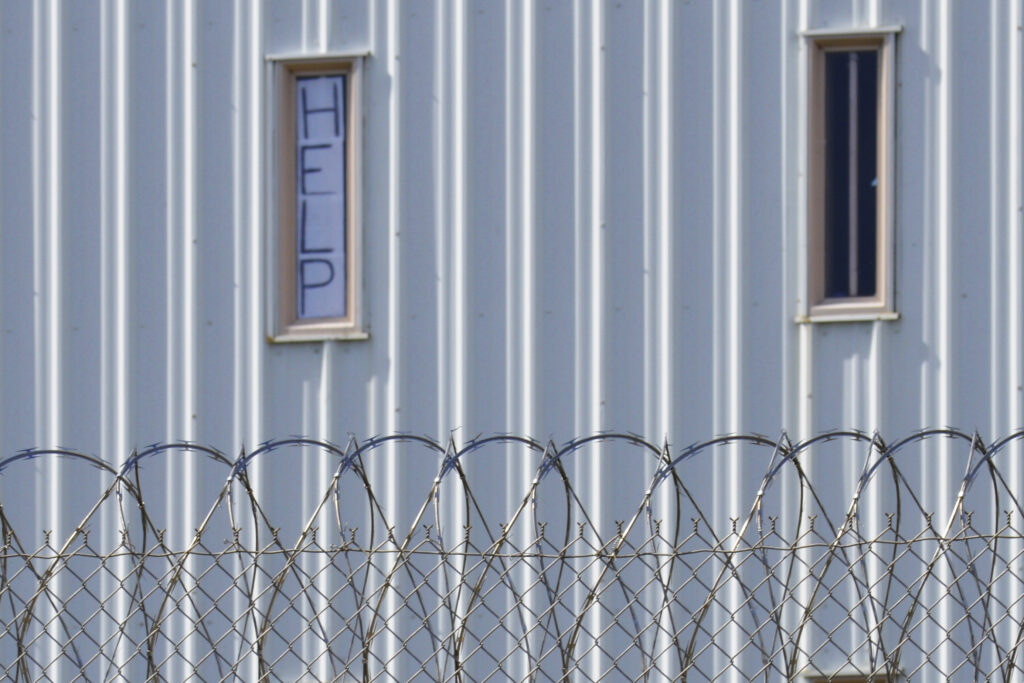
“Alabama is US: Concealed Fees in Jails and Prisons.” With Mary Fainsod Katzenstein and Jacob Swanson. UCLA Criminal Justice Law Review (2020).
Looking to Alabama as one among many examples, this article examines a concealed and legalized commission system that operates throughout jails and prisons in thousands of counties and all fifty states. In every state there is a flagrant, predatory and legalized diversion of funds intended for the needs of incarcerated populations. This financial arrangement takes the form of commissions or signing bonuses or (in the language of its critics) corporate kickbacks paid by private firms to secure entry to, and often monopoly control over, any commercial transactions that involve the prisoner population. We study these emerging fee systems and the legal developments that have nurtured and concealed them, probing new relationships between industry and corrections in the United States.
Read the article here.
“Unwillingness and Imagination in Frederick Douglass’s The Heroic Slave.” The Review of Politics 81, no. 2 (2019): 281–303.
Frederick Douglass testified often to his experiences and the injustice of slavery. Yet how did he explain those who were unmoved, and what did he envision as compelling them to act? I turn to The Heroic Slave to investigate Douglass on white unwillingness. A fictional account of the factual mutiny of the enslaved Madison Washington in 1841, Douglass’s novella narrates Washington’s emancipation through the perspectives of a white northerner and southerner who waver in response to testimony when confronted by the spaces and scripts of white society. Although Douglass suggests that friendship may encourage whites, I find in the story’s contents as well as its publication a heroic imagination in which black resistance is inevitable and natural, independent of white alliance, opposition, and judgment itself. This story was for Douglass another means of motivating whites, and for us illustrative of how racial justice demands not only evidence but imagination.
Read the article here.
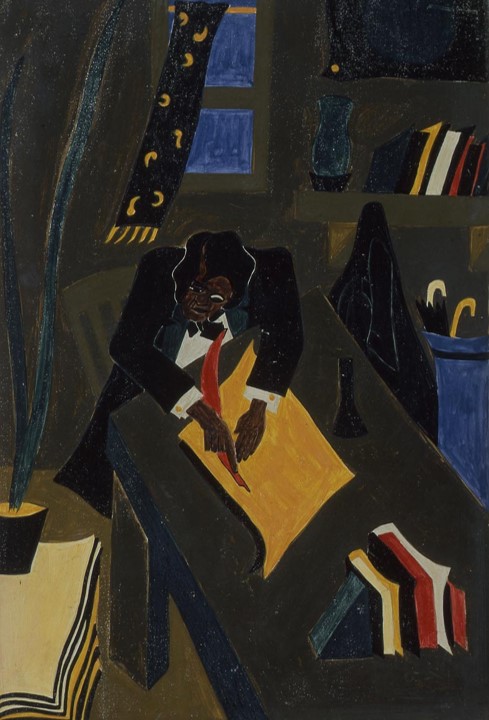
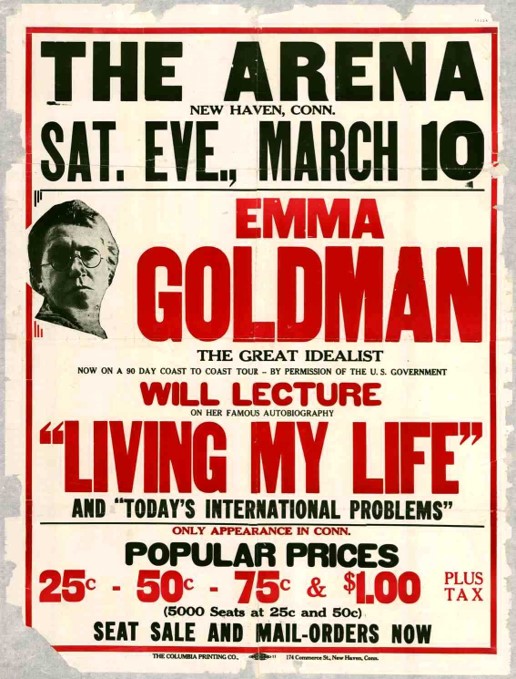
“Emma Goldman and the Autobiography of the People.” American Political Thought 6, no. 1 (2017): 54–77.
The anarchist and feminist Emma Goldman wrote her 1931 autobiography to evaluate both her early politics and American radicalism at the turn of the century. I find in Living My Life two approaches to antiauthoritarian thought, which I distinguish as adversity and empathy. Adversarial politics seeks to emancipate the people by contesting the agents of state, market, or patriarchy, but falters when radicals act on behalf of a people with whom they share few experiences. Empathetic politics builds that needed solidarity, by encouraging radicals to learn from the masses and by educating the masses on the conditions that motivate radicals to act. I follow Goldman’s transition between these approaches in her descriptions of experiences with family and colleagues, in prison and as a nurse, and of her assistance with Alexander Berkman’s attack on Henry Clay Frick and her defense of William McKinley’s assassin. Goldman’s Life proposes that radicals build popular authority through shared experience, expanding our understanding of anarchist thought and the relevance of autobiography for political theory.
Read the article here.
“To Narrate and Denounce: Frederick Douglass and the Politics of Personal Narrative.” Political Theory 44, no. 2 (2016): 240–264.
What political problem can autobiography solve? This article examines the politics of Frederick Douglass’s antebellum personal narratives: his 1845 slave narrative, the Narrative of the Life of Frederick Douglass, an American Slave, and his 1855 autobiography, My Bondage and My Freedom, written at the opposite ends of Douglass’s transition from the abolitionist politics of William Lloyd Garrison and Wendell Phillips to Douglass’s defense of political action and the Constitution as anti-slavery. Placing the two texts alongside Douglass’s distinction “to narrate wrongs” and “denouncing them,” I argue that Douglass writes My Bondage and My Freedom as a mode of denunciation: an autobiographical critique of injustice that balances analysis of collective oppression with advocacy for communal emancipation.
Read the article here.
